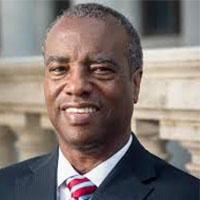INFORMED CONSENT
An agreement to do something or to allow something to happen, made with complete knowledge of all relevant facts, such as the risks involved or any available al...
(more...)An agreement to do something or to allow something to happen, made with complete knowledge of all relevant facts, such as the risks involved or any available alternatives. For example, a patient may give informed consent to medical treatment only after the healthcare professional has disclosed all possible risks involved in accepting or rejecting the treatment. A healthcare provider or facility may be held responsible for an injury caused by an undisclosed risk. In another context, a person accused of committing a crime cannot give up his constitutional rights--for example, to remain silent or to talk with an attorney--unless and until he has been informed of those rights, usually via the well-known Miranda warnings.


